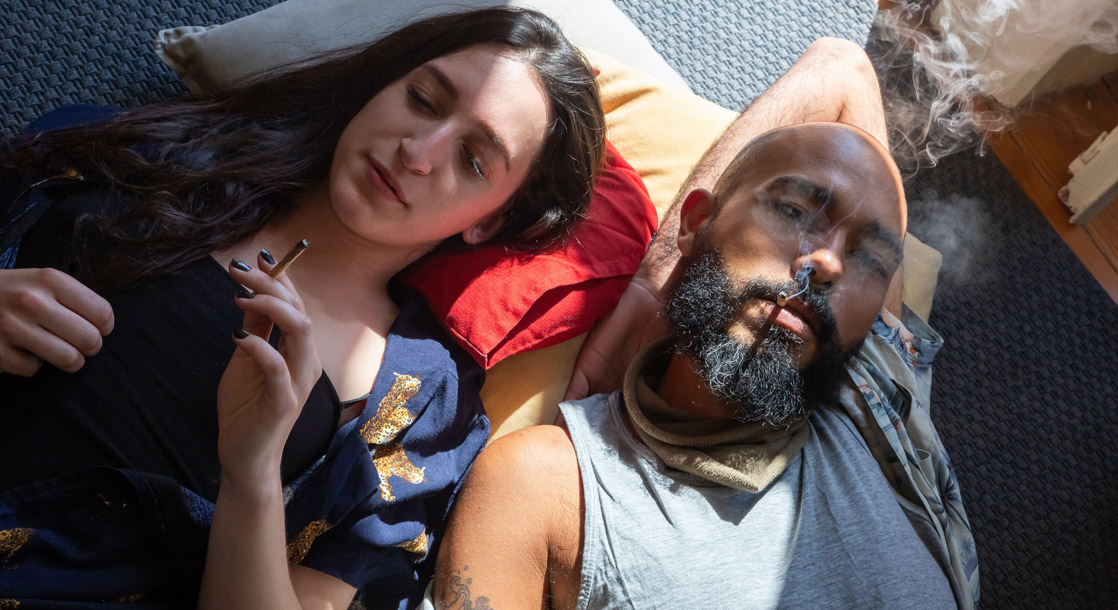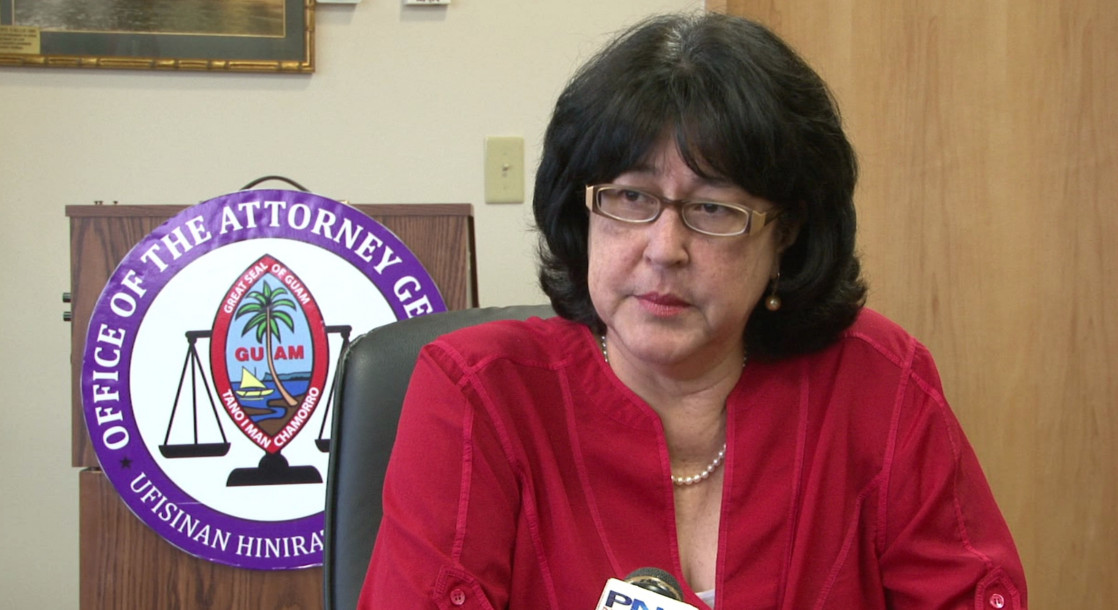Nine years ago, Uruguay made history by becoming the first country in the world to legalize adult-use cannabis. But nearly a decade later, the vast majority of Uruguayan stoners still prefer to buy their bud on the black market.
Uruguay’s cannabis law, which didn’t come into full effect until 2017, allows adults to either grow their own weed or purchase it from a licensed pharmacy or cannabis club. The country’s government has established its own legal weed farms to provide bud that is legally sold at 28 pharmacies around the country. Cannabis clubs, on the other hand, allow groups of individuals to band together and grow their own weed, which they can then sell to the club’s members.
Each of these legal retail options has its own drawbacks, though. Buying legal weed at a pharmacy is a tedious process that requires registering with the government and then making an appointment with the pharmacy for each and every individual weed purchase. This government grass is extremely cheap – only $10 for 5 grams – but it is also capped at 10% THC content, less than half of the potency than standard black market bud. The overall variety of strains and products offered at these legal shops is also extremely limited.
Cannabis clubs are not subject to these rules, so they can offer a wide variety of high-potency strains. The government has capped the total number of clubs at 249, though, and each club is limited to 15 to 45 members. In total, these clubs only serve 7,166 people, and anyone who wants to join a club must first wait for a current member to drop out. Not surprisingly, the waiting lists for these clubs are exceptionally long.
These long waiting lists are “an indicator that demand is not satisfied,” said a cannabis club treasurer from Montevideo, who was unable to use his real name due to government restrictions against cannabis advertising, to RFI. “Many more people want to access the legal market [but] still cannot.”
These drawbacks have convinced the vast majority of Uruguayans to acquire their weed elsewhere. According to a recent government report, only 27% of cannabis users buy weed through legal channels, and another 12% of total users exclusively get their pot from friends who grow it. But for the remaining 61% of cannabis users, the black market is still the number one choice.
Today, most stoners buy weed from “a friend or an acquaintance who passes you a contact from someone who has flowers and sells them,” said an anonymous 28-year-old cannabis home-grower to RFI. “I don’t see it as the black market,” she added. “It has good prices for what is sold and you don’t feel like you’re making use of drug trafficking.”
Before legalization, most Uruguayans bought weed from traditional dealers that offered a variety of drugs supplied by international cartels. Organized drug traffickers still smuggle illegal bud into the country from nearby Paraguay, but smuggled weed only accounts for about 30% of Uruguay’s current black market today.
More than two-thirds of black market bud now comes from domestic growers, who are exclusively growing weed just to sell it to friends and neighbors. Over 14,000 Uruguayans have officially registered to grow their own plants, but many more do so without bothering to notify the government.
The black market’s shift from cartel-backed product to home-grown bud has convinced government officials that legalization has ultimately been a success. “The main objective has been met: people can consume cannabis without needing to be linked with criminal organizations,” said Daniel Radio, secretary general of the National Drug Board, to RFI.
Uruguay is now drawing up plans to help make legal weed more attractive. By the end of the year, the government plans to increase the THC content of government-grown grass and offer a wider variety of strains and products. Lawmakers are also hoping to amend the country’s cannabis law, which currently only allows Uruguayan citizens to buy weed, to make it legal for tourists to buy weed too. Pot tourism could provide a welcome boost to the country’s economy, but center-right President Luis Lacalle Pou is opposed to expanding the country’s cannabis laws.
Cover image via











